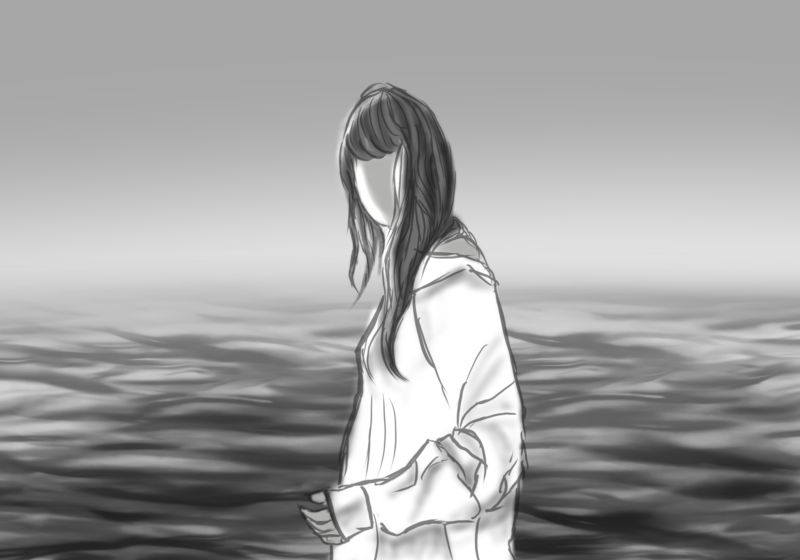When the International Olympic Committee announced a ban on Russia at the Pyeongchang Winter Olympics, nobody was more upset than Russian President Vladimir Putin. Late that night, Putin assembled his cabinet at the Kremlin, an act allegedly accomplished by having a bear roar on a special radio frequency.
Every member of Putin’s cabinet was in his office in a matter of seconds. They all sprint there out of fear, because Putin has repeatedly said that the last one there would be a rotten egg, and nobody likes a rotten egg.
At the meeting, many options were discussed.
“I didn’t dope at past Olympics,” Putin said. “What if I compete in all of these events?”
But when they checked with the Olympic Committee, Putin’s cabinet learned that all Russian government officials were banned from attending. The Russian president then threw a tantrum, saying that he wanted his mommy and that the Olympic Committee wasn’t sharing.
But then a young official proposed his own plan.
“Mr. Putin, we could just host our own Olympics,” he said timidly.
As if he was listening to Harry Styles’ “Sign of the Times,” Putin instantly halted his outburst and smiled.
And so Putin got to work. After calling some of his deputies, he designated Sochi as the site of his Alternate Winter Olympics. Sochi seemed like a good place for the Olympics, because the Olympic Committee chose the resort city for the 2014 Olympics, although Putin paid the host selectors a lot to make that happen.
However, when the Olympic Committee found out about Putin’s plan, they called Russia, saying, “Vlad, thanks for the cash, but we hold the copyright for all of the international competition of all of these sports.”
Putin was mad.
“If there’s one thing I don’t mess with,” Putin told his cabinet, “it’s intellectual property law.”
But that same timid cabinet secretary spoke up, saying that they could come up with their own Olympic events. Putin was pleased with this official’s creativity, but also assigned 10 spies to tail him and bug his house.
So Putin began to come up with new Winter Olympic events. He started with the most obvious event, Snow Dropping, where competitors would be dropped out of a helicopter into a snowy field, and whoever landed furthest into the snow would win a gold medal. Since dropping prisoners from helicopters into snowy Siberian fields is a Russian pastime, this event was met with praise in the cabinet room.
Meanwhile, the Russians were fast at work coming up with new Olympic events. They replaced curling with downhill curling, in which the stones need to go through the entire luge track before any sweeping. They also added Zamboni driving as a class of events, some of which were for speed, some for tricks.
However, as news of the inclusion of Zamboni driving spread, American Zamboni drivers asked if they could join. Putin decided that Americans could compete as “Olympic Athletes From America.”
More new events were invented as well. Snowball fighting was set to be one of the most popular events. Bear riding was a favorite among Russian patriots. Upside down skeleton was a creative work-around for sliding sports, where the athlete would sled down on their stomach while carrying a sled on their back.
Putin reached out to many of the countries not competing in the Winter Olympics, including Afghanistan, Vietnam, Cuba, and Zimbabwe, all of which sent athletes only to the Alternate Olympics.
The Alternate Olympics have been a success so far, rivaling the real Olympics in television ratings while maintaining a much lower budget.





